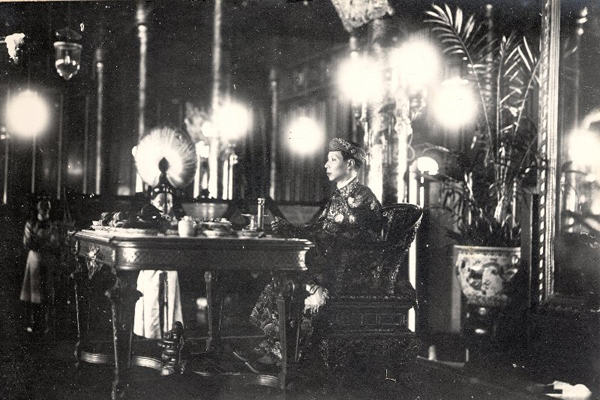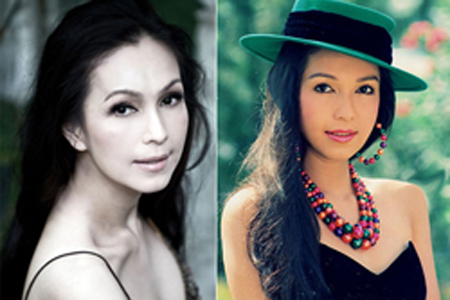Foreign obsen'ers who have known Vietnam since before the Revolution of August 1945 may easily discern a sociological phenomenon—the rejuvenation of the people here. I mean rejuvenation in behavior and its impact on individual and social psychology.
In the old traditional society highly hierachized by the Confucianist patriarchal ethics, one would feel old at forty I remember that King Khai Dinh celebrated his "longevity" when he was only forty years old although the rite was reserved only for people of fifty or sixty. In fact the title of "Supreme Longevity" is conferred on men they reach their seventieth or eightieth birthday. The famous Chinese poet To Po considered septuagenarians to be very rare. But septuagenarians are no longer rare birds in Vietnam today, despite thirty years of war.

In the old days people tried to look old because the old were venerated. Old villagers were treated with deference: at the communal house they were entitled to a seat on the "superior mat"; at home their words were law. They were called upon to preside over festivals, ceremonies and weddings.
Grandparents and parents, when the time came to celebrate their longevity, would be dressed in purple. Their children, after offerings had been made to the village guardian spirit and the family's ancestors, would prostrate at their feet two times and a half and guests would be wined and dined for two or three days. Some villages would give a special spring party called Yen Lao to all people aged sixty and above. The event was complete with a procession round the village with the participation of all the invitees.
All that has changed since 1945. The first change took place in form of address: with the exception of special cases (President Ho Chi Minh was called "Uncle"), one no longer used ong (mister), ba (madame), bac (uncle, aunt), cu (venerable mister, venerable Madame) and other "old-fashioned" titles but would address one another as anh (brother), chi (sister) or dong chi (comrade). Age and class distinction, first eliminated by revolution, was completely done away with during the war in the army, in the civil service, at home and in society as a whole.
Now, even on the wrong side of sixty, one feels much younger in spirit than one’s parents and grandparents would feel at the same age. One thing, however, is to be deplored: young people may sometimes go too far by adopting an egalitarian attitude towards their elders.



